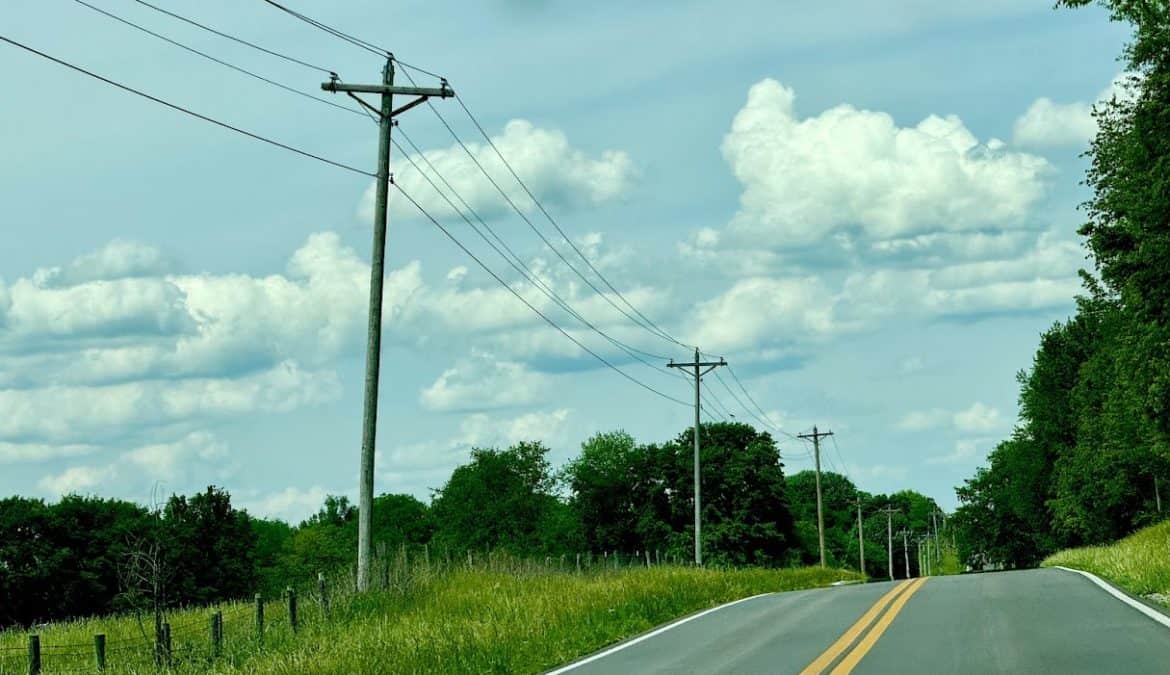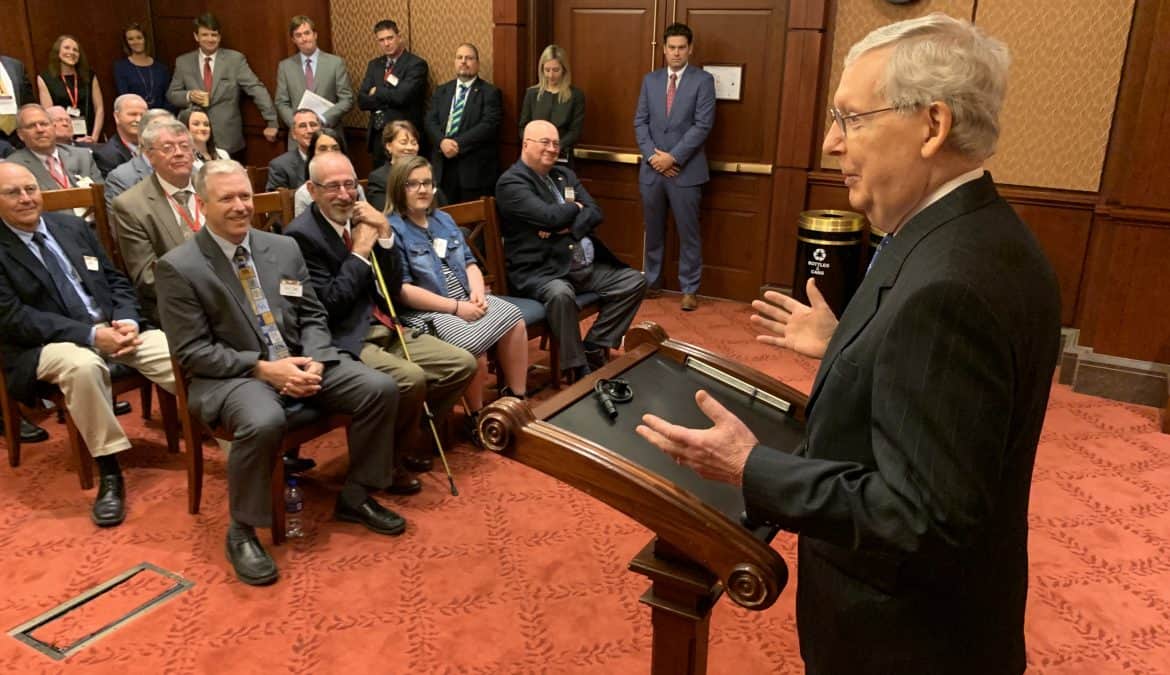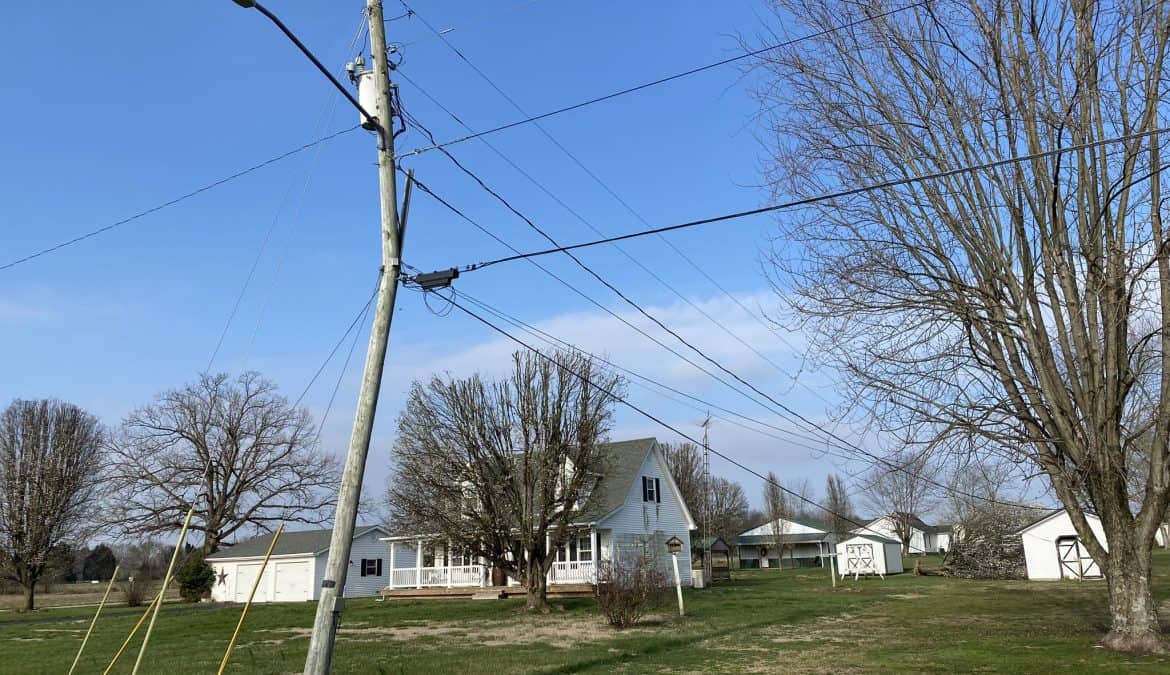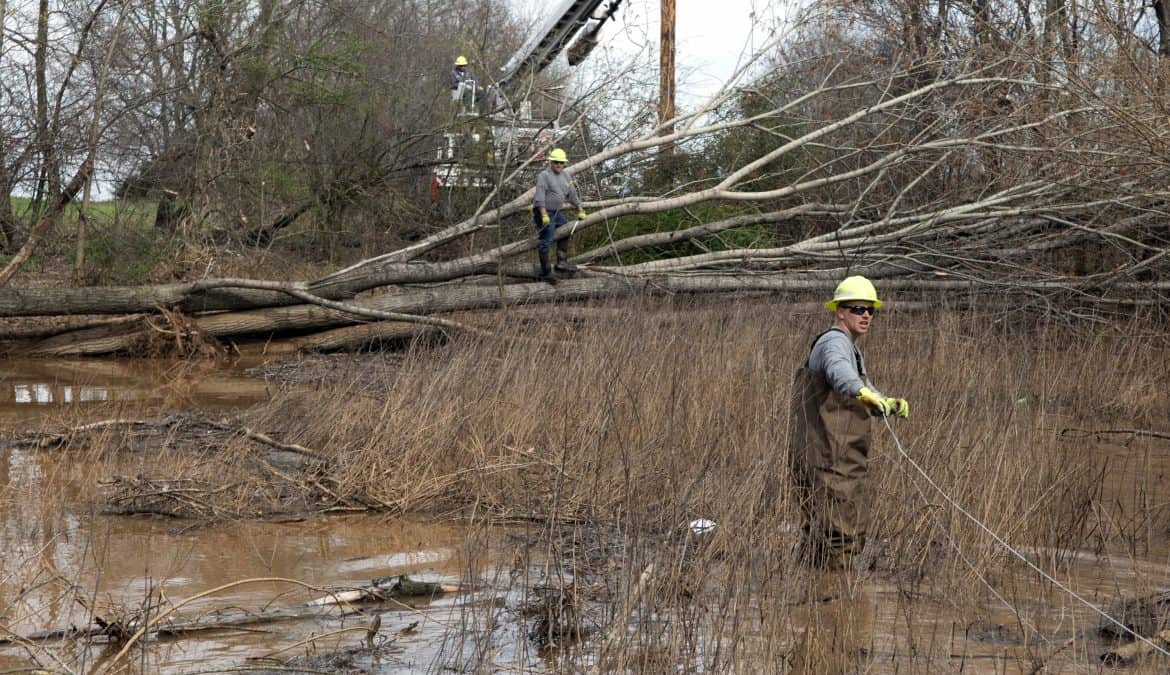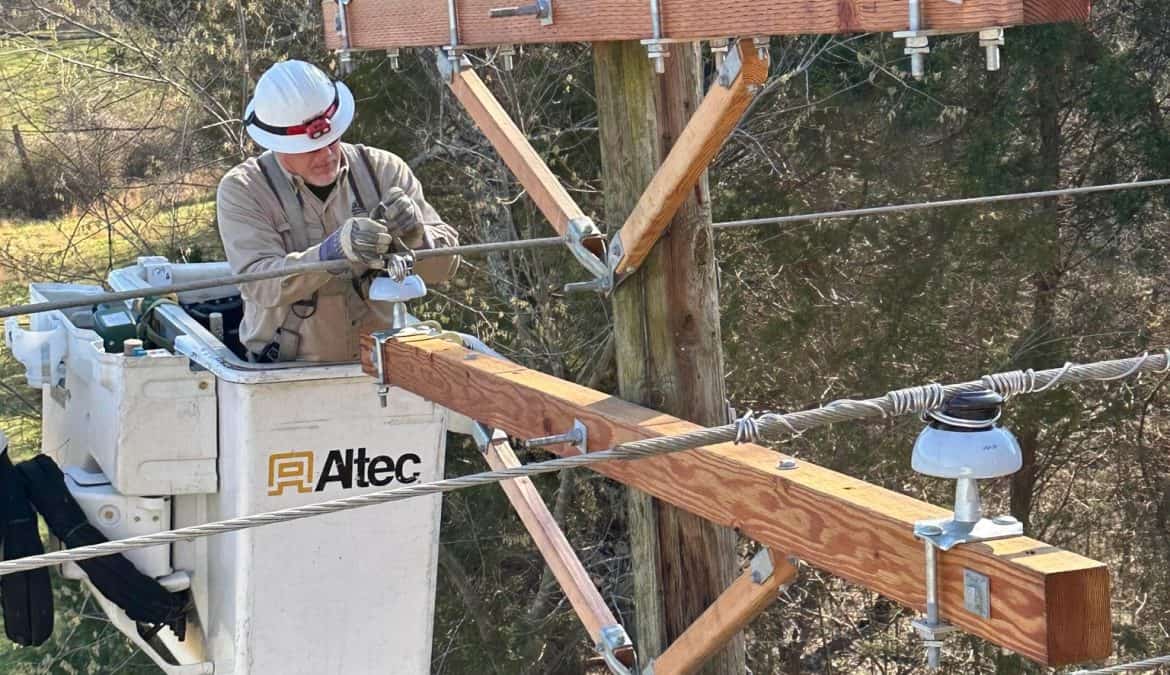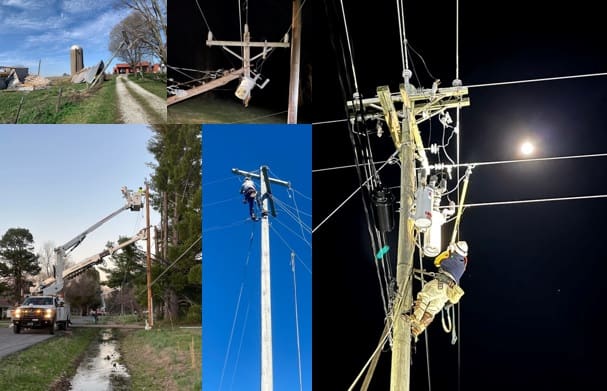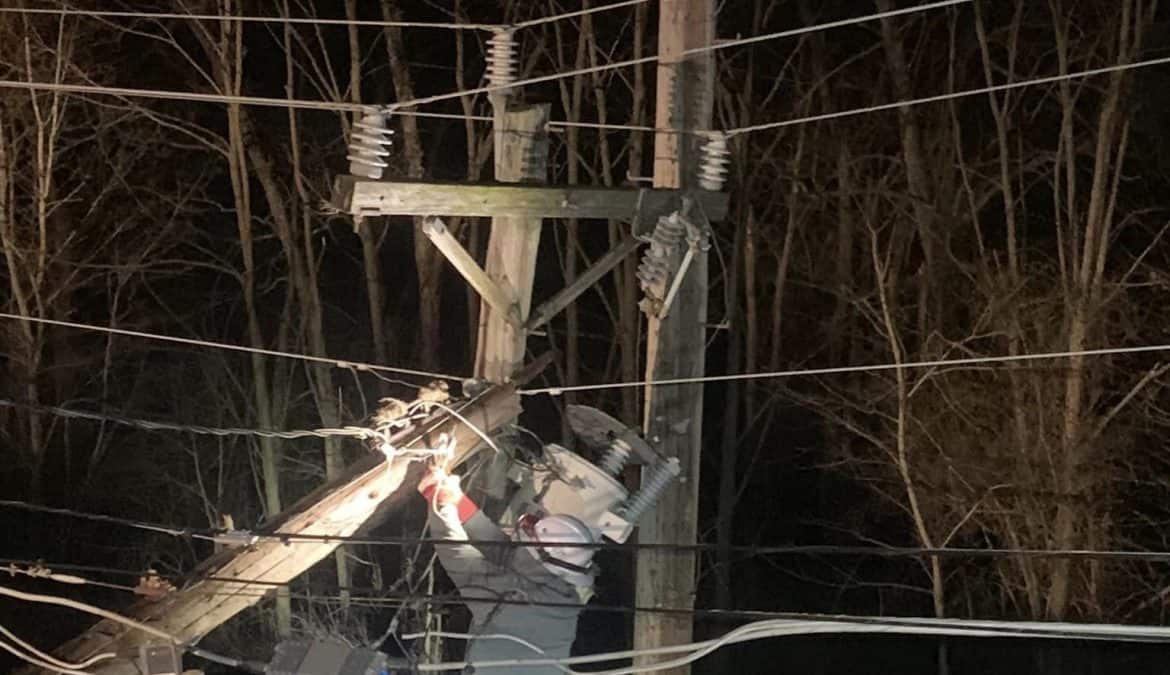The National Rural Electric Cooperative Association filed a lawsuit on Thursday challenging the Environmental Protection Agency over its unlawful power plant rule.
“EPA’s power plant rule is unlawful, unreasonable and unachievable. It exceeds EPA’s authority and poses an immediate threat to the American electric grid,” NRECA CEO Jim Matheson said. “Under the rule, EPA illegally attempts to transform the US energy economy by forcing a shift in electricity generation to the agency’s favored sources.”
“Reliable electricity is the foundation of the American economy. EPA’s rule recklessly undermines that foundation by forcing the premature closure of power plants that are critical to keeping the lights on – especially as America increasingly relies on electricity to power the economy.”
Both NRECA and a coalition of 25 state attorneys general, including Kentucky Attorney General Russell Coleman, filed suit against EPA in the U.S. Court of Appeals for the D.C. Circuit.
If allowed to take effect, the Biden Administration’s devastating energy rule would target existing coal plants and new natural gas plants with extreme emissions restrictions. The EPA’s crackdown would demand Kentucky’s coal-fired plants to take aggressive steps to curb emissions or force them to close. The government’s recommendations for cutting emissions rely on experimental and costly technologies that haven’t been proven to work.
“As member-owned cooperatives, we have a duty to fight for the Kentuckians at the end of the line who pay the price when bureaucrats carelessly inflict unrealistic and harmful regulations,” said Chris Perry, president and CEO of Kentucky Electric Cooperatives, an association representing all 26 co-ops in the commonwealth. “The EPA’s rule is an assault on the electric reliability Kentucky relies on to keep our communities safe, healthy and prosperous.”
Perry applauded Coleman and the other attorneys general across the United States who are also challenging the Biden Administration’s effort to shut down Kentucky’s coal and natural gas power plants.
“We are grateful for Attorney General Coleman and the coalition of attorneys general standing up for ratepayers in Kentucky and all across America,” Perry added.
As of 2022, coal and gas accounted for 95% of Kentucky’s electricity. The Biden Administration’s rush to take existing plants offline in favor of alternative energy sources undermines the reliability of Kentucky’s grid and could leave families and manufacturers without access to affordable electricity.
“Hope is not a strategy, especially when our jobs and our families are on the line,” said Attorney General Coleman. “Simply hoping that unproven technologies will be able to fuel Kentucky’s economy is irresponsible. The result of President Biden’s rule is clear: Kentucky families and job-creators will be cut off from affordable and reliable energy. We’re fighting this radical green agenda that would only leave Kentucky in the dark.”

